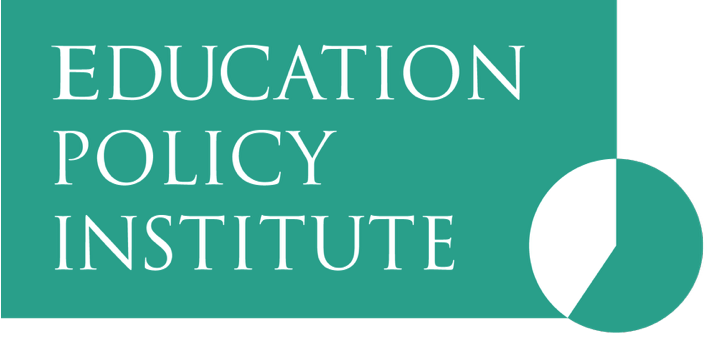Most pupils achieving top GCSE grades progress to higher education. Having strong GCSE grades provides students with a competitive edge when applying to higher education institutions, with universities often considering GCSE grades alongside A-level results, personal statements, and various other factors, during their admission processes. However, not all students with strong GCSE grades progress to higher education. Some will follow further education pathways, such as apprenticeships or higher technical qualifications in colleges. Others will avoid higher education for financial or social reasons[i].
These factors are unlikely to affect people coming from different backgrounds equally. This analysis investigates the likelihood of pupils with high attainment at GCSE level progressing to higher education, and how this varies by gender, disadvantage, school type, and English region.
We define high-attaining pupils as those who were awarded A or A* in both English and Mathematics GCSE. As students often do not enter Higher Education (HE) straight after finishing their secondary education, we consider students as having progressed to higher education if they appeared in the Higher Education Statistics Agency (HESA) student database by the time they were 25. HESA data contains all students enrolled in any course of level 4 or above. We focus on students from the 2013 GCSE cohort as that cohort would have turned 25 in 2022, the latest available year for HESA data. We focus on the percentage of students not entering HE, rather than those entering HE, as analysing students who take the less common path of not progressing into HE may give us more insight into issues surrounding access and inequality.

